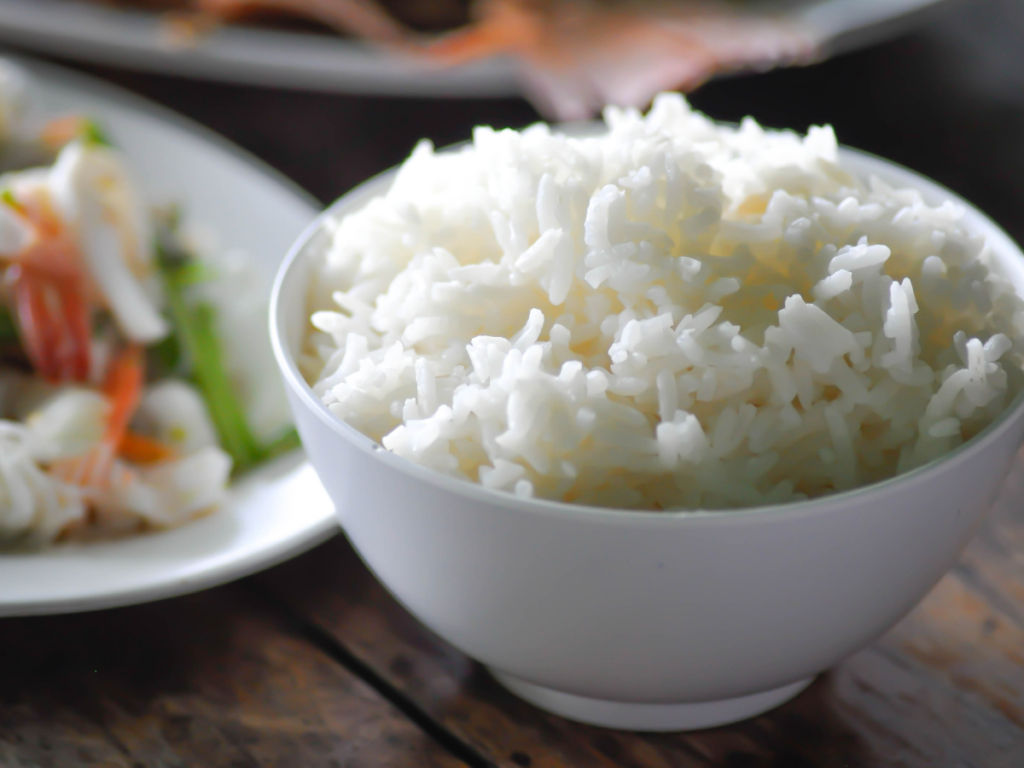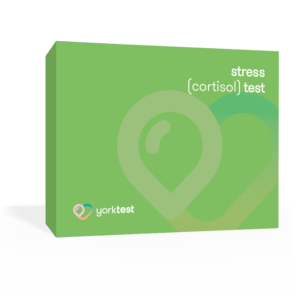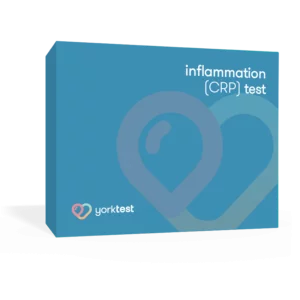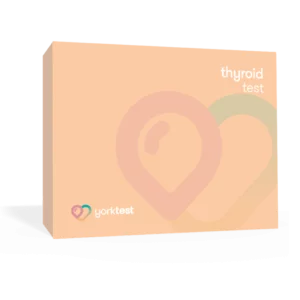With an estimated 88% of UK households buying rice, the average person consumes around 100g per week. And with rice playing a central role in food manufacturing and catering, it seems our appetite for this grain is insatiable. But if you find you’re routinely bloated after eating rice dishes you may be experiencing an intolerance to rice. Rice intolerance stems from a reaction to certain proteins found in grains, which triggers an IgG immune response that leads to several unpleasant symptoms.
How Common Is Rice Intolerance?
While some people may replace other grains for rice to avoid certain food intolerances, they may find some crossover between other food intolerances and intolerance to rice. This can make it difficult to pinpoint the exact foods you may be reacting to, which is when a food intolerance test can help determine which ingredients are causing you discomfort.
Rice Intolerance Symptoms
Intolerance to rice varies from person to person but in general, symptoms may include:
- Bloating
- Stomach pain or cramps
- Constipation
- Fatigue
If you find yourself struggling with respiratory problems like asthma or breaking out with a rash, these may be signs of a more serious rice allergy which triggers an IgE immune response that can lead to more severe and potentially life-threatening conditions such as anaphylaxis. If you are allergic to rice and experience swelling, breathing difficulties and other severe symptoms shortly after consuming rice, we recommend seeking immediate medical attention.
Foods To Avoid If You Have A Rice Intolerance
As with any other food intolerance, managing a rice intolerance requires paying attention to food labels and asking for more information when eating out – essentially anything that helps reduce your intake of rice and foods that may secretly contain ingredients that don’t make you feel your best.
If you have an intolerance to rice, you should look to avoid the following ingredients and foods:
- Certain cereals and granola bars
- Rice flour
- Rice milk
- Rice noodles
- Rice cakes
- Rice pudding
- Risotto
- Sushi
Testing For Rice Intolerance
To get to the bottom of your discomfort, taking a food intolerance test is one of your best bets to determine whether a rice intolerance is to blame and whether there are other ingredients at play. At YorkTest, we analyse your IgG antibodies 1-4 through a finger prick blood sample, one of the most accurate methods of testing.
The test identifies any food intolerances and their severity in an easy-to-understand traffic light system. Once you have your results, our team can help guide you to understand your food intolerances, as well as advise on how to interpret your results in your everyday diet. If you require more in-depth assistance, we recommend booking a consultation with one of our highly qualified nutritional therapists.
One way to treat rice intolerance is through an elimination diet informed by the results of your food intolerance test.
You may even find that some forms of rice affect you more or less than others. For instance, you may be more intolerant to black rice over white rice. This is because black rice still has its bran layer. So if you’re sensitive to oats, barley, and rye, you may also find your body reacts to black rice.
However, having an intolerance to rice may not last forever. Unlike a rice allergy, an intolerance can be overcome through careful elimination and reintroduction after a period of time where your body is able to reset.












